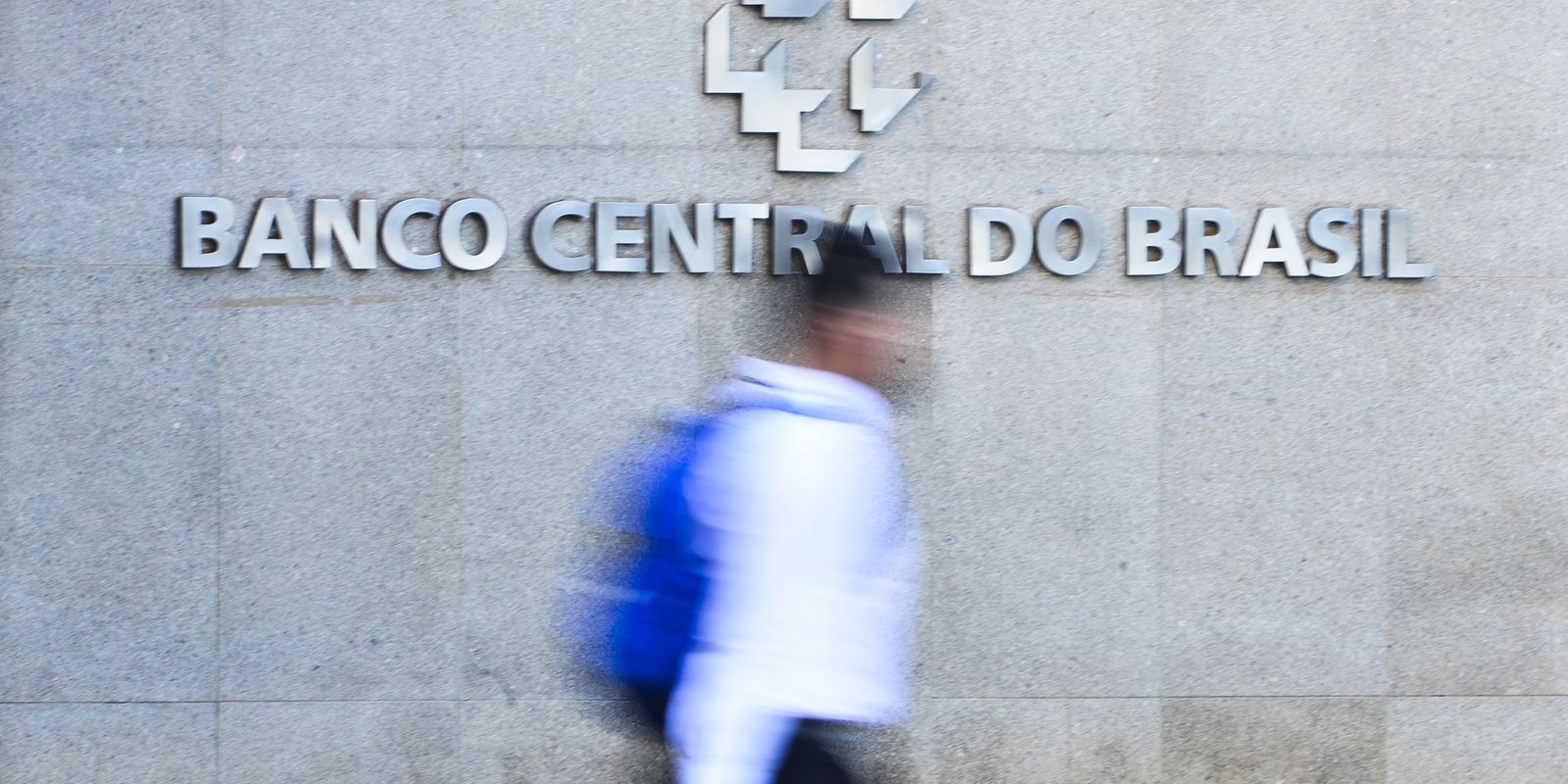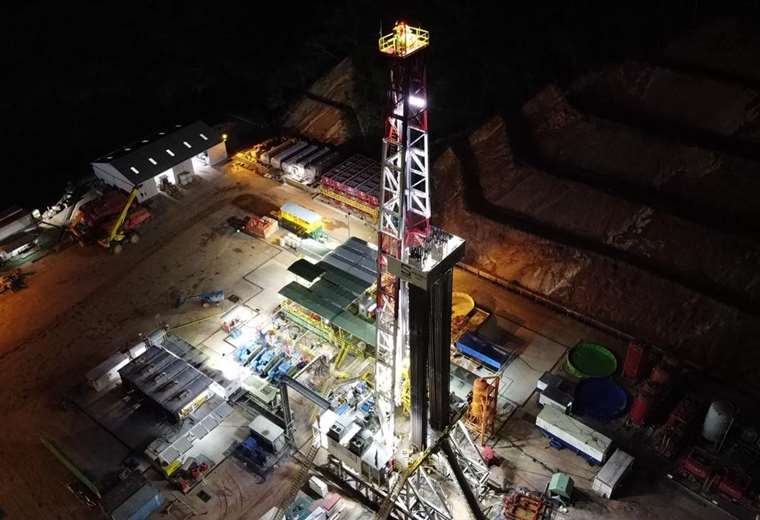Brazilians had BRL 2.16 billion in consortium groups at the end of 2021. The number appears in the Panorama of the Consortium System, released today (23) by the Central Bank (BC), with data from last year.
These forgotten resources correspond to interest, fines, income or apportionment of the reserve fund not withdrawn after contemplation in a draw or at the end of a group. The Law of Consortia, published in 2008, authorizes administrators to charge a fee on money not withdrawn. In 2021, this fee raised BRL 943 million, 14.6% more than in 2020.
Active quotas in consortia totaled 8.48 million at the end of last year, an increase of 6.9% compared to 2020. They were distributed as follows: 4.02 million cars, 2.38 million motorcycles, 1, 28 million properties and 867 thousand for other types of goods and services.
In December 2021, the total portfolio of consortium groups totaled BRL 75.8 billion, up 22.8% compared to the previous year. According to BC, the covid-19 pandemic had an impact on the consortium market at the beginning, mainly in the first half of 2020.
From the following semester, informed the BC, the market recovered and continued the expansion trend of previous years. For the agency, the consortiums function as an important instrument for financial inclusion and the acquisition of durable goods, mainly in the motorcycle sub-segment.
Last year, delinquency dropped slightly and stood at 2.5%, against 2.54% in 2020. The average value of credits totaled R$55,300, up 28% in the same comparison. The average term of consortia rose from 119 to 131 months.














